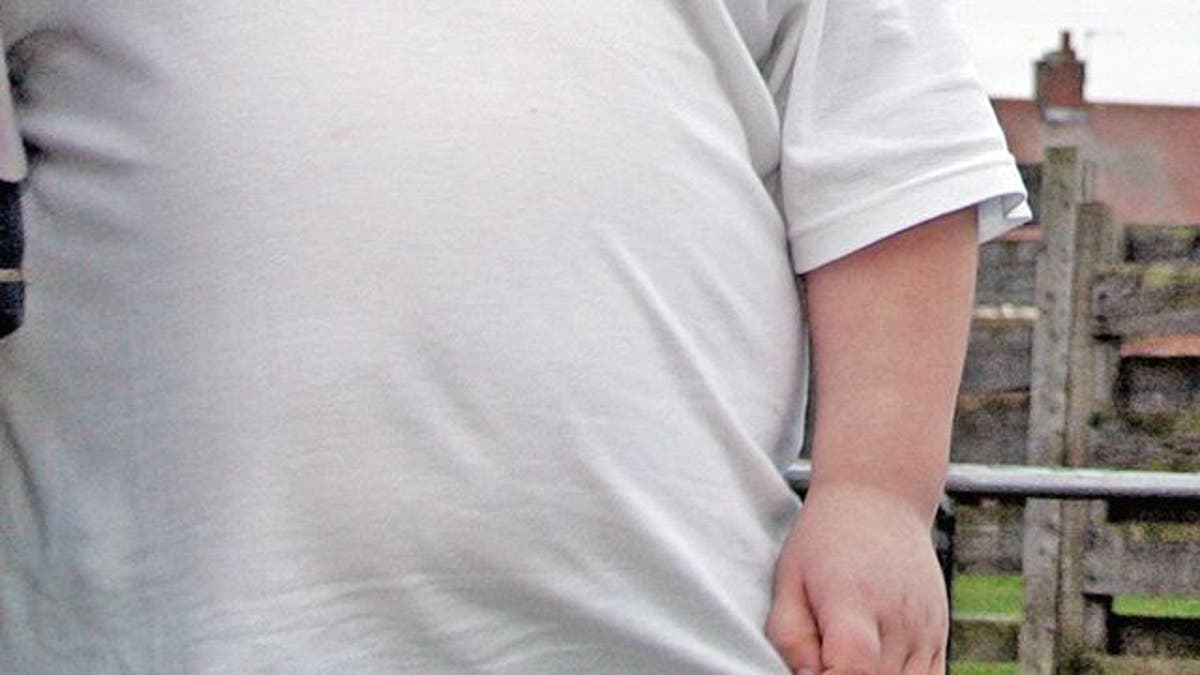
Are you obese? There is a possibility that it isn’t entirely your fault.
Not only did the American Medical Association recognize obesity as a disease last month, but scientists have also discovered a gene that makes fatty foods so tantalizing and irresistible to some people.
“A lot of people have been told it’s all in your head,” Marina Weight Loss bariatric surgeon Dr. Jeremy Korman told the Los Angeles Times, “and it’s completely unfair.”
The study, published in The Journal of Clinical Investigation on Monday, determined that a certain type of the obesity gene FTO makes one in six people hungrier as well as crave more high-fat foods, which therefore increases chances of obesity.
Every person has two FTO genes, one from each parent, and they come in a low-risk form as well as a high-risk form. If both of a person’s FTO genes are high-risk, that person is 70 percent more likely than those with two low-risk genes to be obese.
Previous studies found that people with two high-risk FTO genes eat more and are on average 6.5 pounds heavier than their double-low-risk counterparts.
Conducted by researchers at University College London, the new study recruited a total of 359 healthy men with normal weights. Of the recruits, 45 men had two high-risk FTO genes, whereas the remaining men’s FTO genes were both low-risk. In order to ensure that the main factor being tested was FTO, scientists paired up participants based on factors such as fat distribution and education levels.
One test involved ten men with high-risk FTO genes and ten with low-risk genes. Scientists measured the levels of the hunger hormone ghrelin before and after a meal. Normally, ghrelin levels peak just before a meal, then decline immediately afterward.
In the men with two high-risk FTO genes, the ghrelin levels did not go down as much after the meal as they did in men with low-risk genes.
“We know the tendency to overeat in a society with too much food and no need for exercise is inherited,” Imperial College London professor Steve Bloom told BBC. “Slowly we are discovering the factors which make us overweight.”
In a different test involving 24 men who had just eaten a meal, scientists scanned the participants’ brains as they showed them pictures of low-fat foods, high-fat foods and non-food objects. The men expressed their opinions verbally, but the brain scans also displayed the cranial responses.
Even though they had just eaten a meal, men with two high-risk FTO genes found high-fat foods more appealing, whereas the men with two low-risk FTO genes preferred low-fat foods.
“This possibly explains why some people are more sensitive to overweight and obesity than others,” Korman said, according to the LA Times.
Dr. Rachel Batterham, a coauthor of the study and an endocrine and obesity researcher at the university, told BBC that people with two high-risk FTO genes are “biologically programmed to eat more.”
“Their brain is set up to be particularly interested in anything to do with high-calorie food,” Batterham said.
Batterham said that cycling and eating more protein are simple ways people can lower their ghrelin levels.
The study was funded by Rosetrees Trust and Medical Research Council. Batterham said she plans to continue conducting research on the subject.
“This is one piece of a jigsaw,” Batterham said, according to the Times.
Follow us on twitter.com/foxnewslatino
Like us at facebook.com/foxnewslatino
